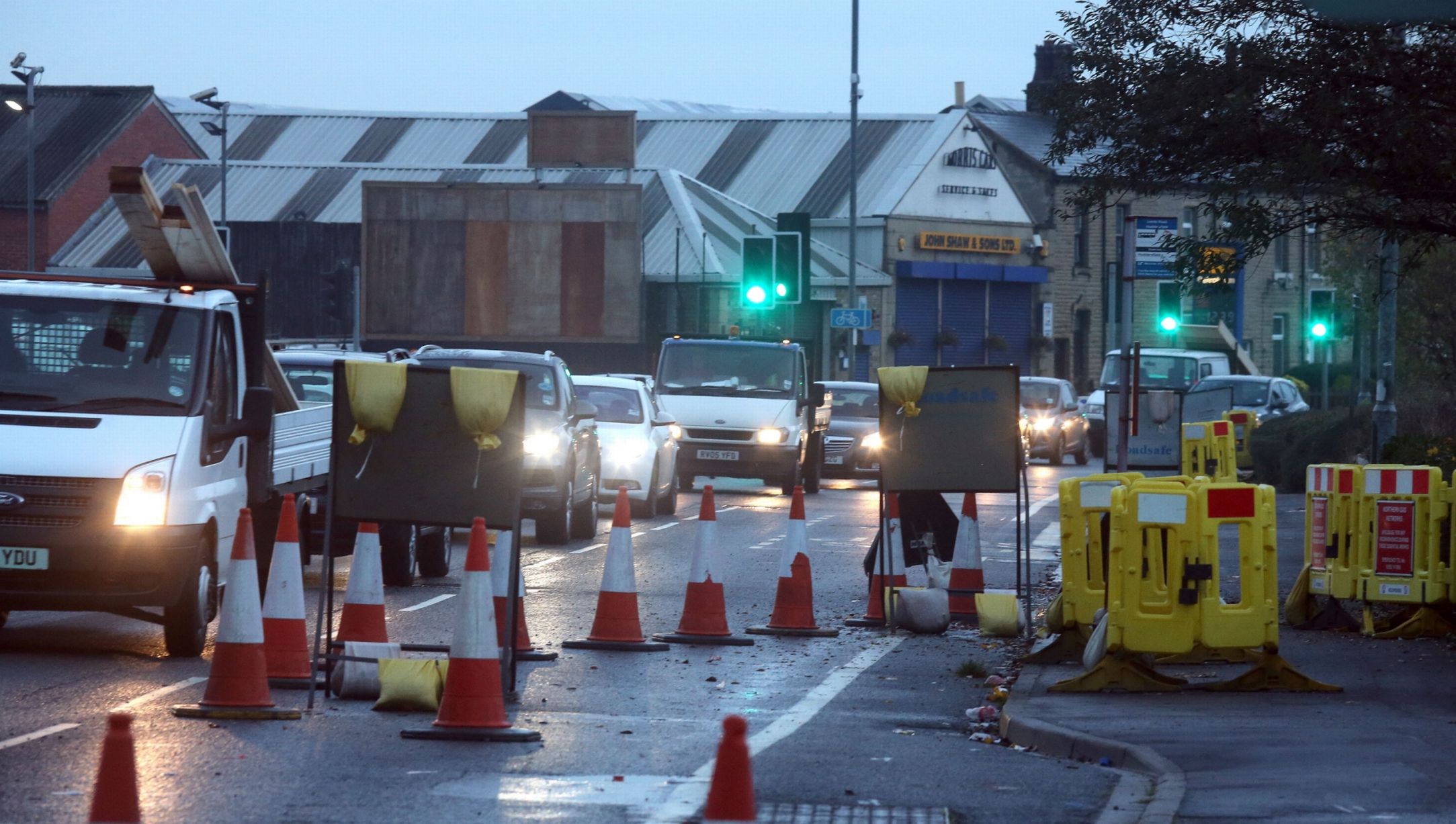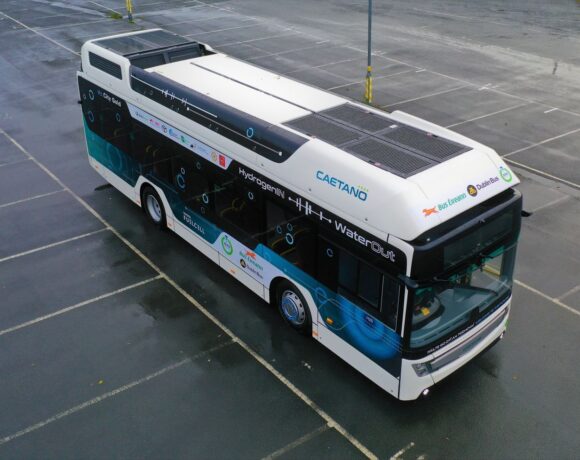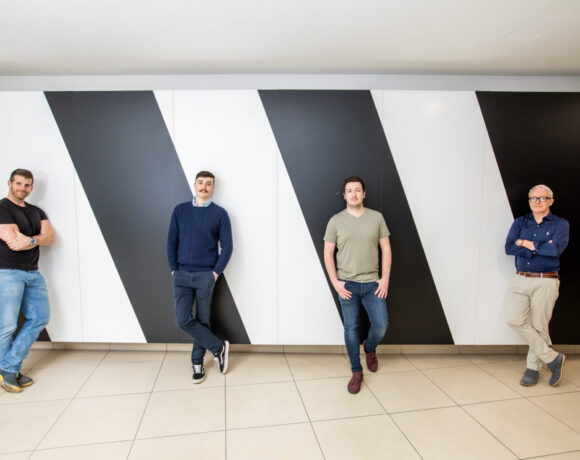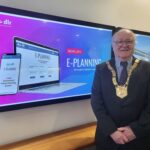Imagine if the cities of the future could one day repair themselves. What if they could detect things like potholes and sinkholes before they even happen?
New research is underway in the UK, delving into just that. With the aid of Leeds City Council the researchers hope to make Leeds the first city in the world that is fully maintained autonomously by 2035.
A collaborative project between University of Leeds, UCL, University of Birmingham and University of Southampton – as well as local councils and industrial partners – the ‘Self Repair Cities’ researchers want to make the first “self-repairing” city by 2035.
Professor Phil Purnell, from University of Leeds’ School of Civil Engineering, is heading up the project and said his aim is to make Leeds the first city in the world to have zero disruption from street works by developing robots that will identify, diagnose and repair street-works through minimally invasive techniques, starting with three case studies:
- Perch and Repair – drones that can perform repairs tasks, such as remote maintenance and modernisation of street lights.
- Perceive and Patch – swarms of flying vehicles for autonomous inspection, diagnostics, repair and prevention of highway defects (e.g. potholes).
- Fire and Forget – hybrid robots designed to operate indefinitely within live utility pipes performing inspection, repair, metering and reporting tasks.
Professor Purnell and his team envision a city where everyday maintenance matters will not only be reported by mobile robotic sensors roaming the city, but the repair work will be conducted by robots too.
This pioneering work aims to create a city that behaves almost like a living organism, whereby a robot could get to work on a problem as soon as it is reported.
While Professor Purnell and his team anticipate the project will lead to a wide range of benefits, including improving the health, well-being, happiness and economic prosperity of people living within cities; they will also investigate the social, environmental, political and economic impact of these new technologies in the city.
The possibilities and implications for their research are fascinating. To find out more or track the progress of the ‘Self Repairing Cities’ project as it unfolds, click here.













